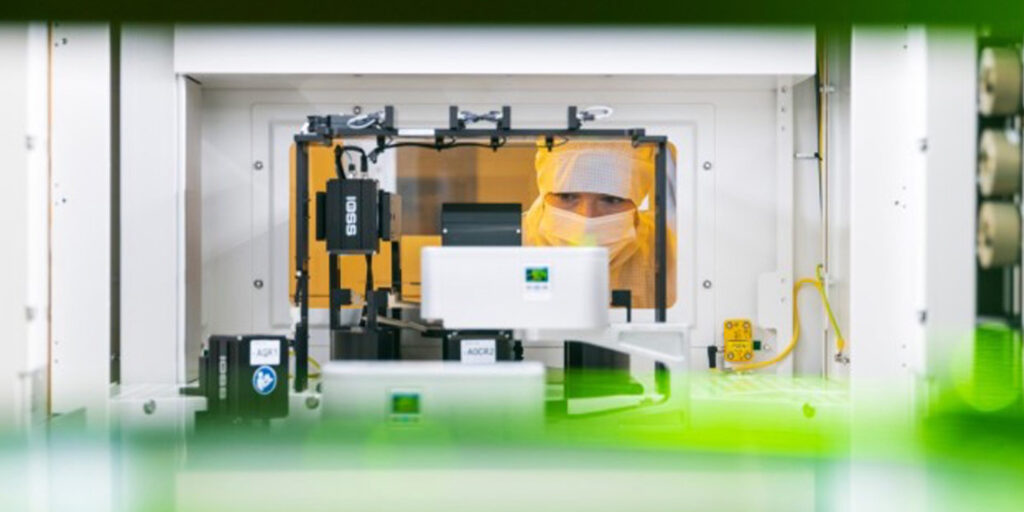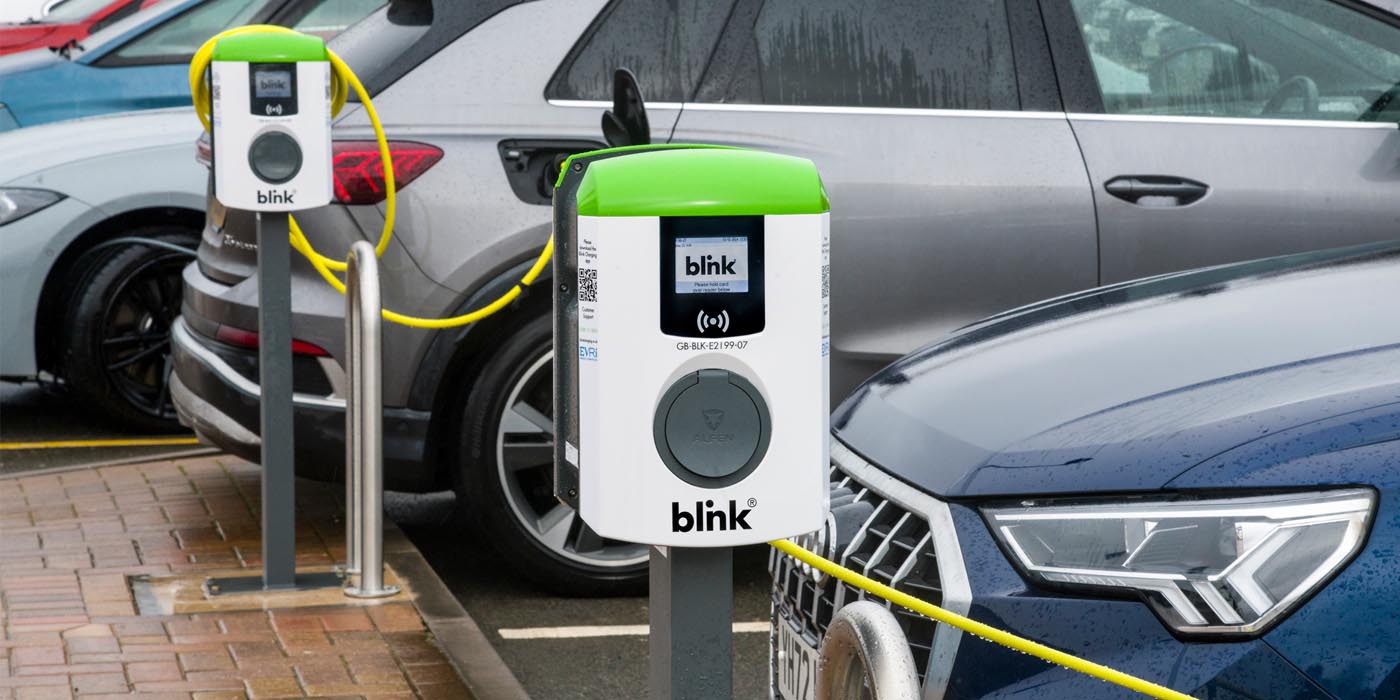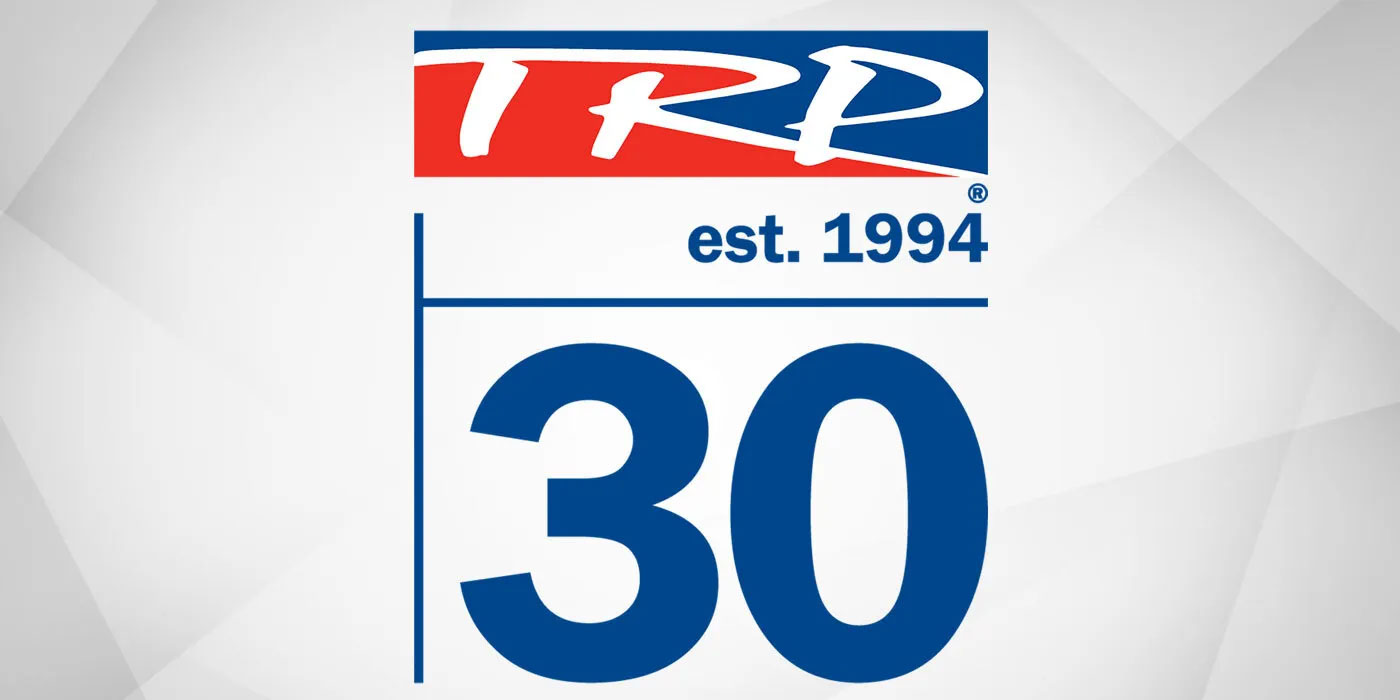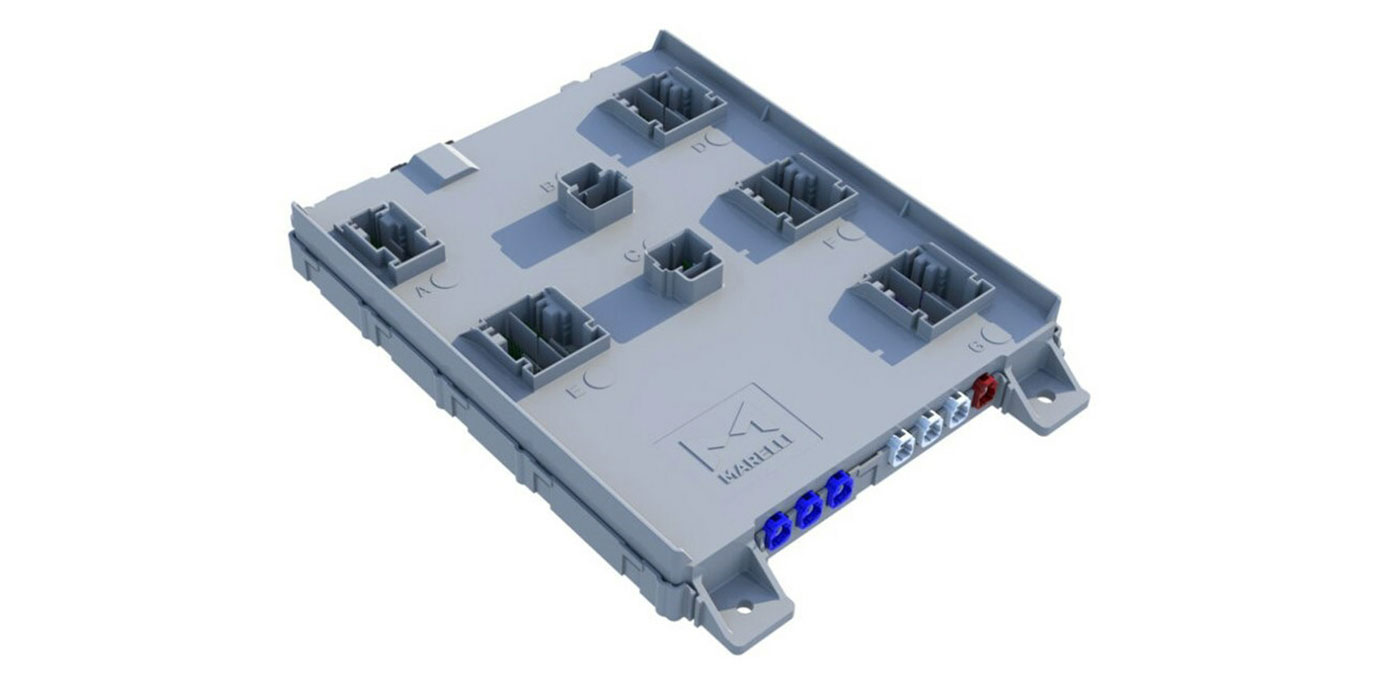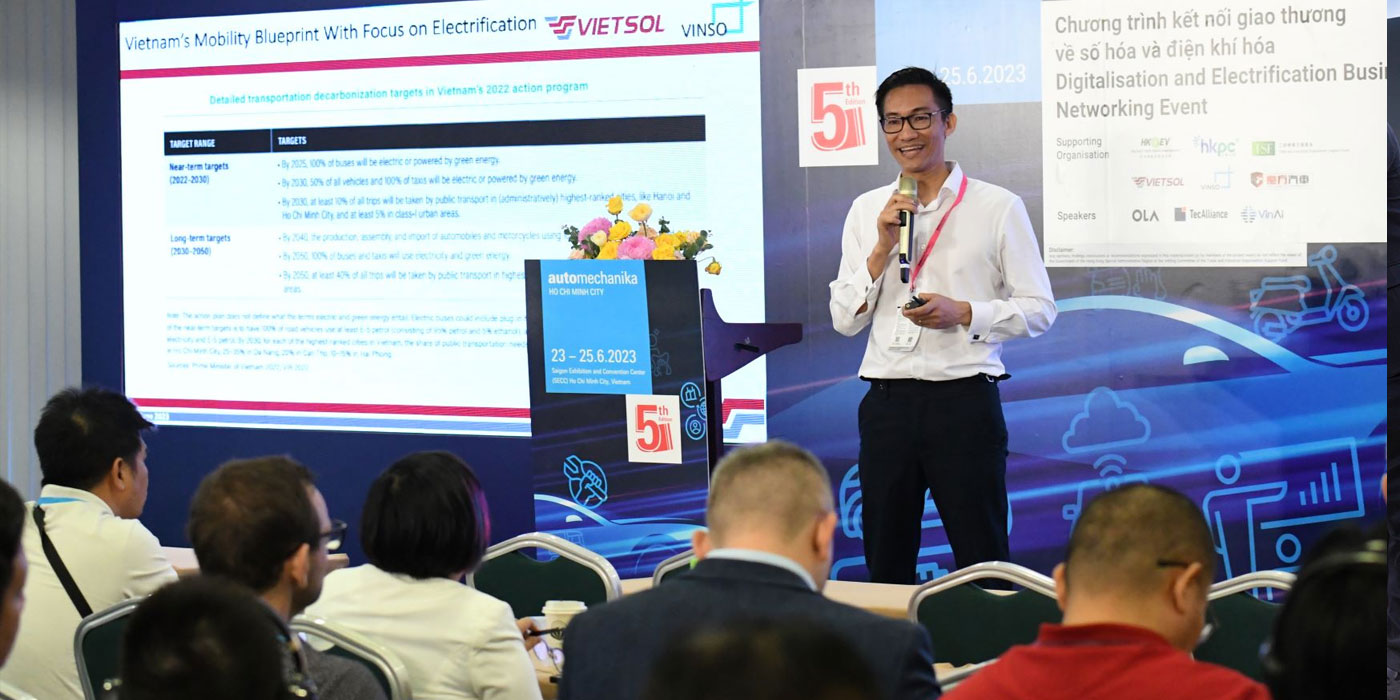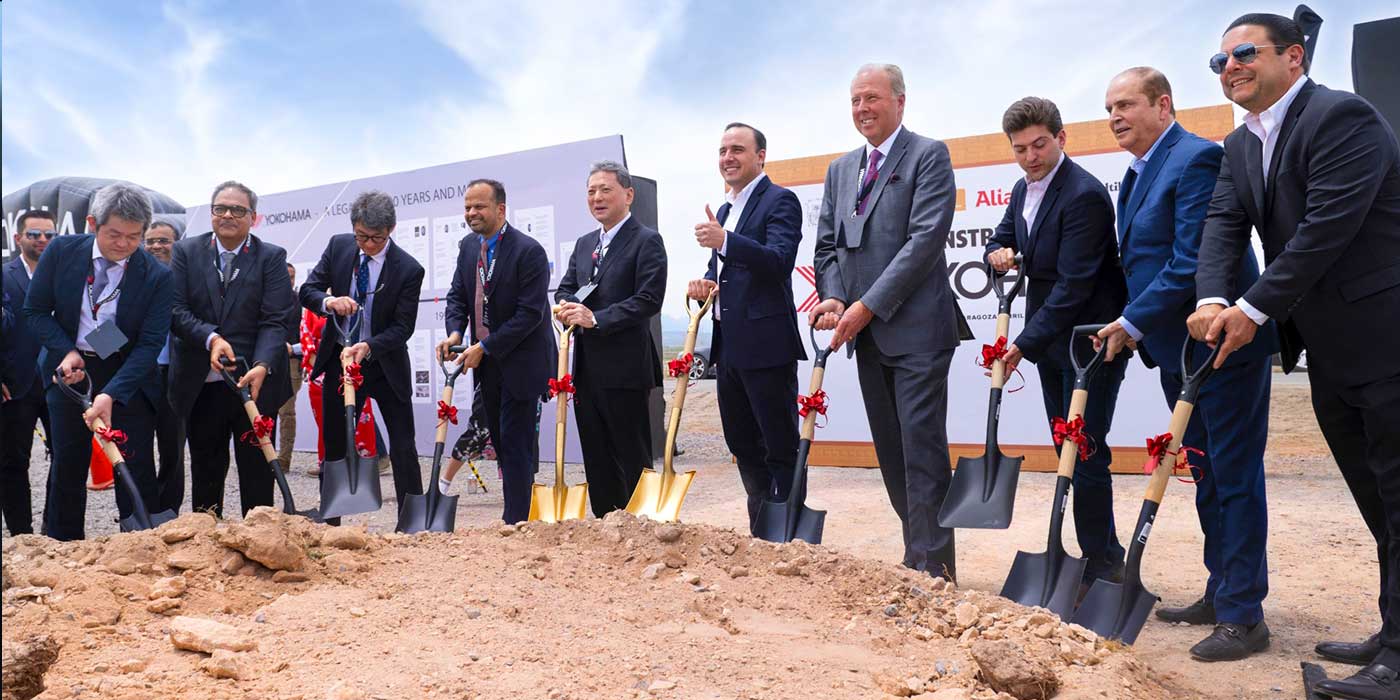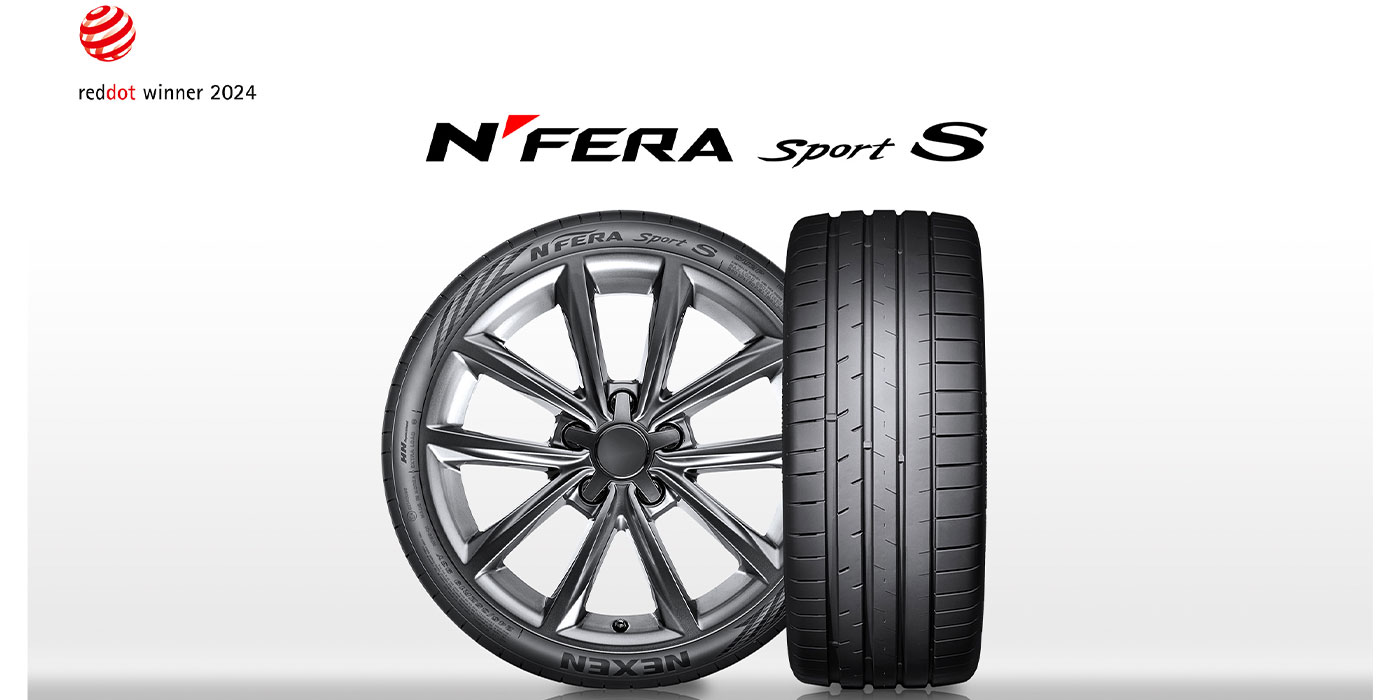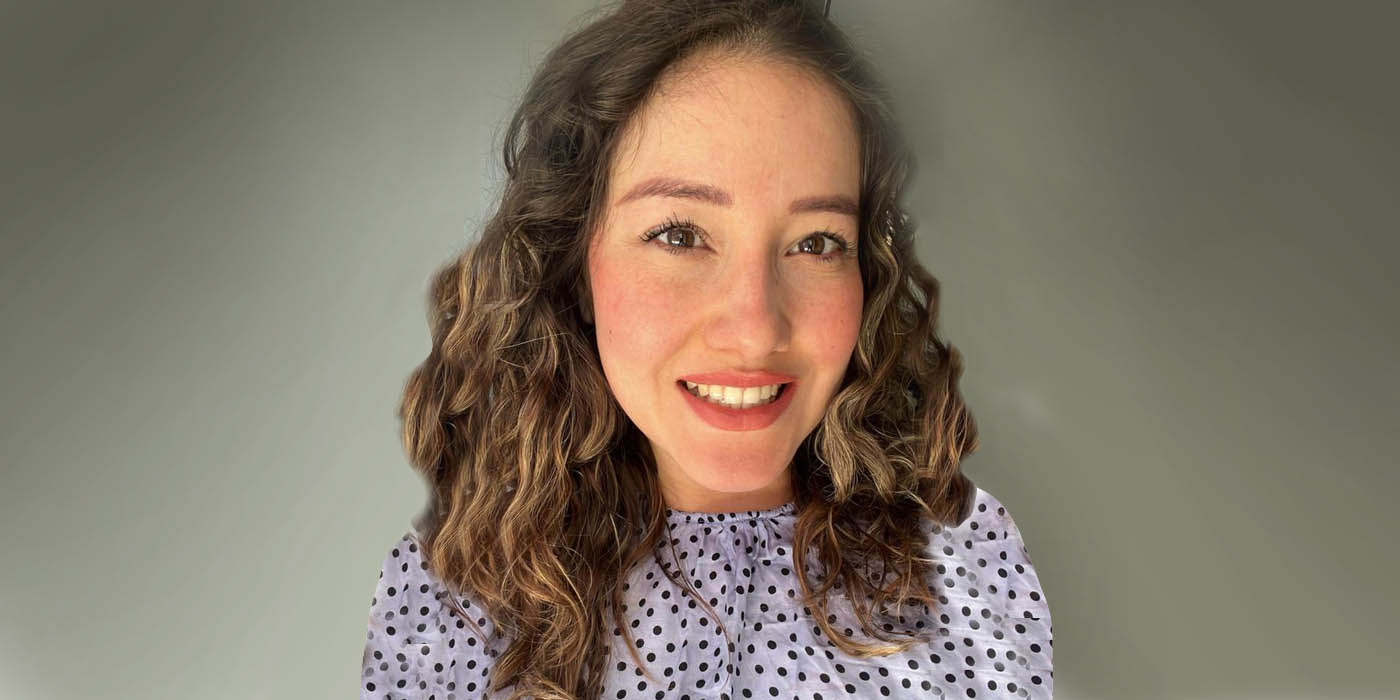In the face of the global chip shortage, Bosch is increasing its capital expenditure. Just a few weeks after opening its new wafer fab in Dresden, the supplier of technology and services has now announced another nine-figure investment in its chip manufacturing facilities. In 2022 alone, Bosch plans to invest more than 400 million euros (Approx. $461 million USD) in expanding its wafer fabs in Dresden and Reutlingen, Germany, and its semiconductor operations in Penang, Malaysia.
“Demand for chips is continuing to grow at breakneck speed. In light of current developments, we are systematically expanding our semiconductor production so we can provide our customers with the best possible support,” said Dr. Volkmar Denner, chairman of the board of management of Robert Bosch GmbH.
Most of the capital expenditure is earmarked for Bosch’s new 300-millimeter wafer fab in Dresden, where manufacturing capacity is to be expanded even faster in 2022. Around 50 million euros (about $58 million USD) of the planned sum will be spent on the wafer fab in Reutlingen near Stuttgart in the coming year. Bosch will invest a total of 150 million euros (about $173 million USD) in additional clean-room space here from 2021 to 2023. In Penang, Malaysia, Bosch also is building a test center for semiconductors from scratch. Starting in 2023, the center will test finished semiconductor chips and sensors. “These planned investments demonstrate once again the strategic importance of having our own manufacturing capacity for the core technology of semiconductors,” Denner says.
Faster Ramp-Up In Dresden, New Clean Rooms In Reutlingen
“Our aim is to ramp up production of chips in Dresden earlier than planned and at the same time expand clean-room capacity in Reutlingen. Every additional chip we produce will help in the current situation,” says Harald Kroeger, member of the board of management of Robert Bosch GmbH. In two stages, a total of more than 4,000 square meters will be added to the current 35,000 square meters of clean-room space in Reutlingen. The first stage, adding 1,000 square meters of production area for 200-millimeter wafers to bring the total to 11,500 square meters, has already been completed. This involved converting office space into a clean room over recent months and connecting it to the existing wafer fab via a bridge. The new facility has been producing wafers since September.
“We’ve already expanded our manufacturing capacity for 200-millimeter wafers by some 10 percent,” Kroeger says. The capital outlay for this came to 50 million euros (about $58 million USD) (in 2021). In making this move, the company is responding in particular to increased demand for MEMS sensors and silicon carbide power semiconductors. The second stage of the expansion will create a further 3,000 square meters of clean-room space by the end of 2023. To this end, the company will invest some 50 million euros (about $58 million USD) in both 2022 and 2023. Bosch is also creating 150 new jobs in semiconductor development at its Reutlingen location.
New Test Center In Penang
Another portion of the capital expenditure planned for 2022 will go into a new semiconductor test center in Penang. This highly automated and connected factory is set to perform testing of semiconductor chips and sensors starting in 2023. In total, Bosch has more than 100,000 square meters of land available on Penang’s mainland strip, which will be developed in stages. Initially, the test center will cover an area of around 14,000 square meters – including clean rooms, office space, research and development, and training facilities for up to 400 associates.
Earthworks for the new location started at the end of 2020, and work on the buildings began in May 2021. The test center is scheduled to start operations in 2023. The additional testing capacity in Penang is intended to open up the possibility of locating new technologies in Bosch’s wafer fabs in the future, such as silicon carbide semiconductors in Reutlingen. In addition, the new location in Asia will shorten delivery times and distances for the chips.
Semiconductors As A Unique Selling Proposition
Microelectronics is a key factor in the success of all Bosch’s business areas. Having recognized the potential of this technology early on, the company has been producing semiconductor components for more than 60 years. This makes Bosch one of the few companies that has a deep understanding of microelectronics as well as expertise in electronics and software. Bosch can combine this decisive competitive advantage with its strength in semiconductor manufacturing. The technology and services company has been producing semiconductor components in Reutlingen since 1970. They are used in both consumer electronics and automotive applications. Modern electronics in cars is the basis for reducing traffic emissions, preventing road accidents, and increasing powertrain efficiency.
“Bosch can draw on its specific semiconductor and automotive expertise to develop superior electronic systems. This benefits our customers and the countless people who want to continue to enjoy safe and efficient mobility in the future,” Kroeger says. Production in the 300-millimeter wafer fab in Dresden started in July of this year – six months earlier than planned. The chips made in the new plant are initially being installed in Bosch power tools. For automotive customers, chip production started in September, three months earlier than planned. Since 200-millimeter technology was introduced in 2010, Bosch has invested more than 2.5 billion euros ($2.9 billion USD) in its wafer fabs in Reutlingen and Dresden alone. On top of this, billions of euros have been invested in developing microelectronics.
Tags:

